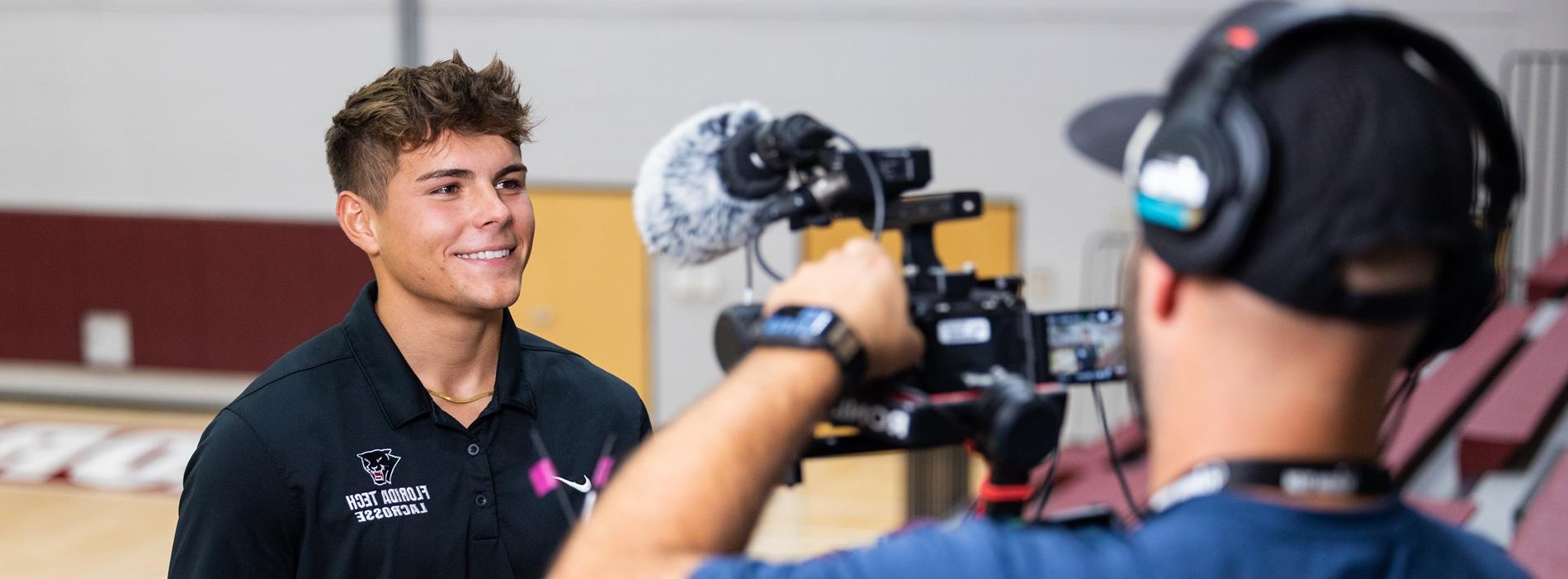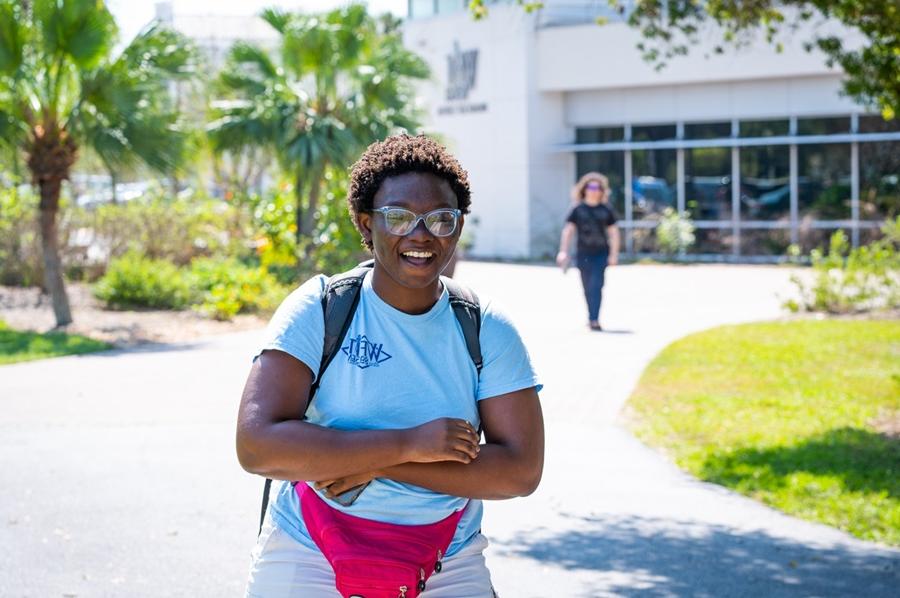Careers in Multiplatform Journalism
A career in multiplatform journalism offers diverse opportunities in marketing, advertising, corporate communications, broadcast, print, digital media and beyond.
As media continues to evolve, so do the skills and unique job roles it demands. Critical tasks in communication careers now include researching, creating content, distributing communications, engaging with media, managing online platforms and navigating social media.
With a degree in multiplatform journalism from Florida Tech, students receive cutting-edge training, equipping them to pursue careers as multimedia journalists or in more traditional roles like investigative reporting.
A career in multiplatform journalism includes positions such as:
- Broadcast anchor
- Video writer and editor
- Television producer
- Broadcast engineer
- Print writer and publisher
- Scriptwriter
- Web and social media content creator
- Digital producer
- Print and digital editor
- Public relations specialist
- Advertising copywriter
- Market researcher
- Digital graphic designer
- Photographer
- Web designer/editor
Looking ahead to your future career can be exciting! Keep in mind that certain roles may entail additional prerequisites, such as an advanced degree.


 Give to Florida Tech
Give to Florida Tech 



